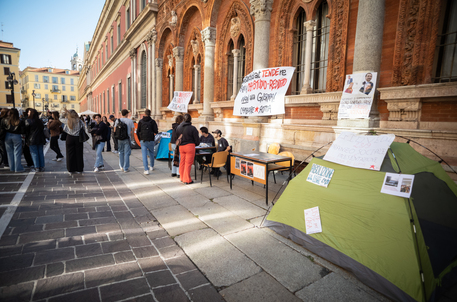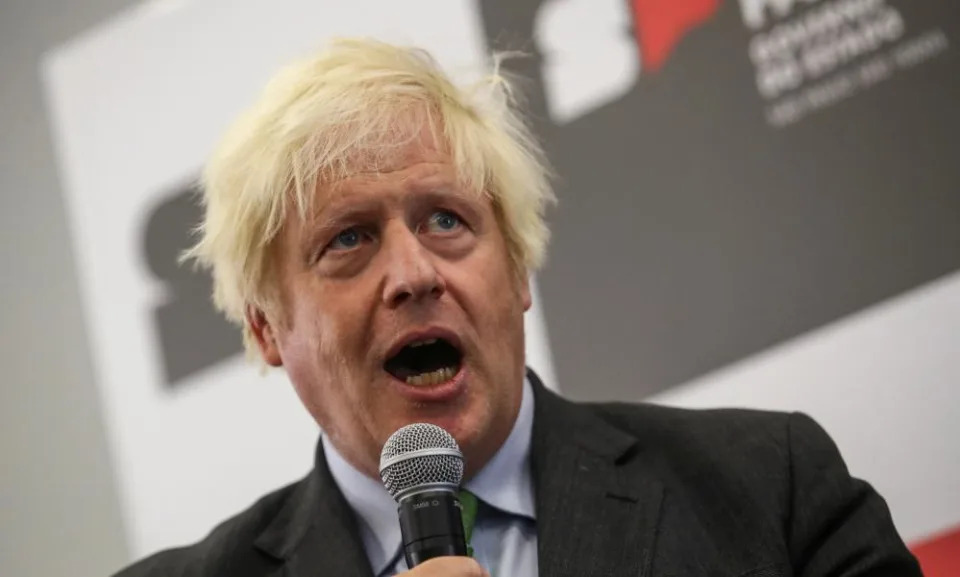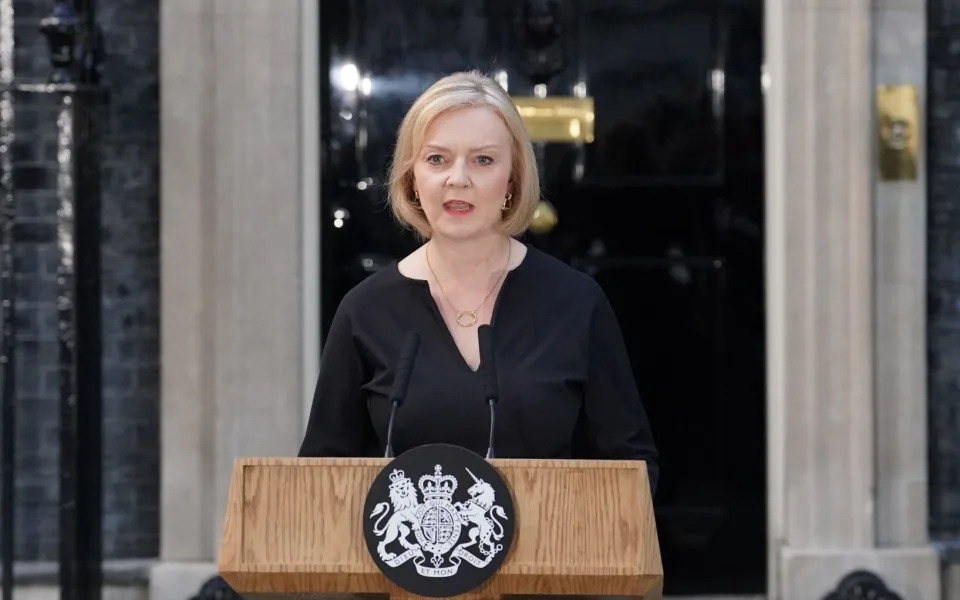I love British traditions. Whose heart soars not upon seeing some drunk men chasing a cheese down a fatally steep Gloucestershire hill, or some drunk men burning their faces off carrying flaming tar barrels on their heads in a Devonshire village, or some drunk men dropping an enormous effigy of David Jason into a giant burning boozer made of straw in a Hertfordshire hamlet at midnight? In Spanish fire bull festivals, cruel peasants set fire to animals. Here, outside the EU, we merely set fire to ourselves.
But the nights are drawing in and soon it will be time for one of the oldest, and most enjoyable, British traditions of all. Because it’s that time of year when, in the run-up to the National Trust’s AGM on 11 November, the opaquely funded “anti-woke” pressure group Restore Trust, backed by Neil Record of the Tufton Street climate crisis denial bodies Global Warming Policy Foundation and Net Zero Watch, tries to have its own pod people planted on the board. Sing ye wassail! It’s that time again!!
The National Trust, which has more than 250,000 hectares (almost 620,000 acres) of farmland in its stewardship, is a thorn in the side to the government and its masters in the oil-money funded Tufton Street thinktanks. National Trust members actually vote for board members themselves, while cultural and environmental organisations that take public funding, such as the British Museum, the V&A, the Natural History Museum and Kew Gardens, use a supposedly unbiased public appointments process to nobble their nabobs. This unbiased public appointments process has recently seen GB News social affairs editor Inaya Folarin Iman and Boris Johnson’s Mustique holiday facilitator David Ross parachuted on to the board of the National Portrait Gallery, whose trustees have included the spectral courgette Jacob Rees-Mogg, and where doubtless they spend a lot of time wondering how the invention of photography impacted on representational art.
A bird in the hand isn’t worth any in the bush at all if all the bushes have burned down in the climate crisis
But does this apparent covert jerrymandering actually jeopardise the future of all life on Earth? The answer is, sadly, yes. For example, much as we all love birds, it’s simply not possible for our feathered friends to survive without an environment to fly around in, so it makes perfect sense for a charity that likes birds to be concerned about preserving the places they live. A bird in the hand isn’t worth any in the bush at all if all the bushes have burned down in a massive brush fire due to the climate crisis and there were no birds in them anyway because they were all dead. So it’s obvious that the RSPB should be interested in environmental issues, because to ignore them would be the equivalent of spending 10 hours making a luxurious soup, having previously smashed every bowl in your house into smithereens and melted all the spoons down into tiny effigies of Wycombe MP Steve Baker.
But, in August, when the RSPB called Rishi Sunak, Michael Gove and Thérèse Coffey “liars” for abandoning their environmental commitments, the RSPB’s own trustee Ben Caldecott helped to force a climbdown. Caldecott is, insanely, a senior fellow of the ExxonMobil-funded thinktank Policy Exchange, one of the Tufton Street gang of organisations, whose 2019 suggestion that the government should pass legislation to crackdown on Extinction Rebellion reportedly shaped Priti Patel’s draconian 2022 police bill. So last week, 68-year-old Trudi Warner was prosecuted for holding up a sign outside the Inner London crown court that said: “Jurors: you have an absolute right to acquit a defendant according to your conscience.” It’s acts of environmental terrorism like this that must be clamped down on. No one wants to live in a world where old women hold up signs.
In the hallowed hall behind Warner, Judge Silas Reid had ruled that, during the trial of three environmentalists, environmental issues were not to be mentioned, presumably fearful that if the jury understood why the defendants had blocked the road, they’d let them off, and then we’d be in a nightmare dystopia that pitched morality against law and saw a load of old men who enjoy a few swift ones before the afternoon session out of a job for life.
The point being that the oil-smeared ghouls of Tufton Street and the Tory party have already gelded street protest with the police bill, and prevented public bodies from speaking out by stuffing them with their cronies, but the National Trust can only be infiltrated by Tufton Street should the members vote for the infiltrators. It’s a harder 18th-century walnut dresser to crack. So, every year, the ghostly astroturfed group Restore Trust emerges from the netherlands on social media and, in a campaign that appears coordinated with opinion piece writers at papers like the Times and the Daily Telegraph, attempts to get National Trust members to vote for its own plants, the usual mix of libertarians, cranks and arseholes.
This year’s star Restore Trust stooge is the historian and judge Lord Sumption, who, despite sounding like a character in a William Makepeace Thackeray novel who liked to either assume things or consume things or both, is a step up from Restore Trust’s star 2021 candidate, Stephen Green of Christian Voice, who, it would seem, once supported overseas laws proposing the execution of some gay people, though not necessarily on National Trust property, at least unless the events are properly stewarded.
On Wednesday, Rishi Sunak ripped up another raft of environmental commitments in a move so sudden that even the chair of Ford UK found herself suffering a moral whiplash injury as she veered suddenly away from the ban on new petrol and diesel vehicles she’d been steering towards. Street protest is now under threat to the point where the punk rock naturalist Chris Packham is wondering whether it’s morally just to ignore the law and protest anyway. And the government’s gagging of even the relatively innocuous RSPB means birdwatchers no longer have a voice. That’s why it’s important to join the National Trust, of all things, now and vote in its AGM before 11 November, for the candidates the council recommends. Save the National Trust. And the environment! Here today! Scone tomorrow!


















